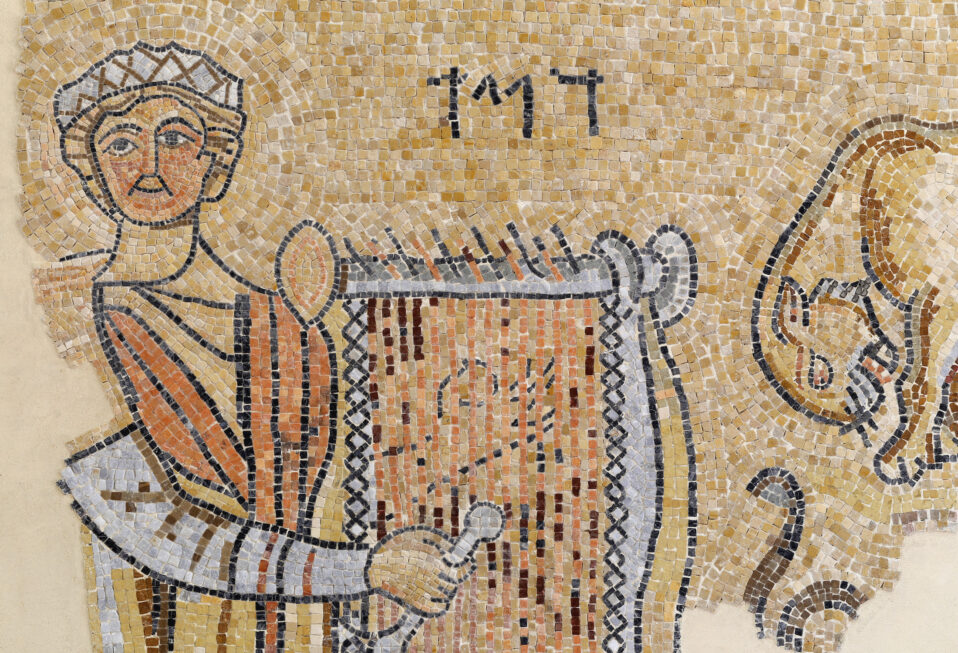The Bible is God’s revelation in time, space, and culture. History is humanity’s reflection upon its past. The Bible is not one book; it is a collection of books composed by different authors, in different literary genres, written at different times. And, while the Bible contains history, it is not a history book per se. It also frames its literature within various historical periods.
The biblical writers include historical empires, kings, and figures without providing much detail about these historical characters. They often assume our familiarity with historical details, figures, and empires on the macro and micro levels. They set their narratives against the backdrop of these historical contexts.
For example, the book of Kings frames many of its narratives against the backdrop of Assyrian expansion, the turbulence this caused among the regional kingdoms of the Levant, and the varied responses of those kingdoms to the Assyrian threat. So too, the Gospels assume the historical incursion and annexation of the land of Israel by Rome, the collapse of the Hasmonean State, and the rise of the Herodian family, which began in the first century B.C.
Because the Bible spans periods of time, we must keep this in mind. Between Abraham and David stands one thousand years. Between David and Jesus stand a thousand years. We would never seek to understand a person living today by studying those who lived a thousand years ago; neither should we treat David and Jesus as belonging to the same worldview or world.
The period between the close of the Old Testament and the beginning of the New Testament spans roughly four hundred years. Within this period, Judaism underwent events which profoundly impacted and transformed it. Historical events, empires, wars, and rebellions shaped the world of ancient Judaism making it a different world from that of the Old Testament.
In other words, Jesus stepped into a different world from that of any of the Old Testament figures. When we study the New Testament, we should be aware of this history and the history of the land of Israel within the first century, because it forms the backdrop to the New Testament accounts (see Luke 3:1-3).
The biblical writers most often had a firsthand or at least a secondhand connection to the historical events within their world. Their writings often assume our knowledge of these historical events as they serve as background to their narratives, prophecies, visions, and letters.
If we want to understand what the writers of the Bible meant, to better understand what the Bible means for us today, then we must study the historical contexts of the world of the Bible.
Marc Turnage is President/CEO of Biblical Expeditions. He is an authority on ancient Judaism and Christian origins. He has published widely for both academic and popular audiences. His most recent book, Windows into the Bible, was named by Outreach Magazine as one of its top 100 Christian living resources. Marc is a widely sought-after speaker and a gifted teacher. He has been guiding groups to the lands of the Bible—Israel, Jordan, Egypt, Turkey, Greece, and Italy—for over twenty years.
Website: WITBUniversity.com
Facebook: @witbuniversity
Podcast: Windows into the Bible Podcast




Post a comment